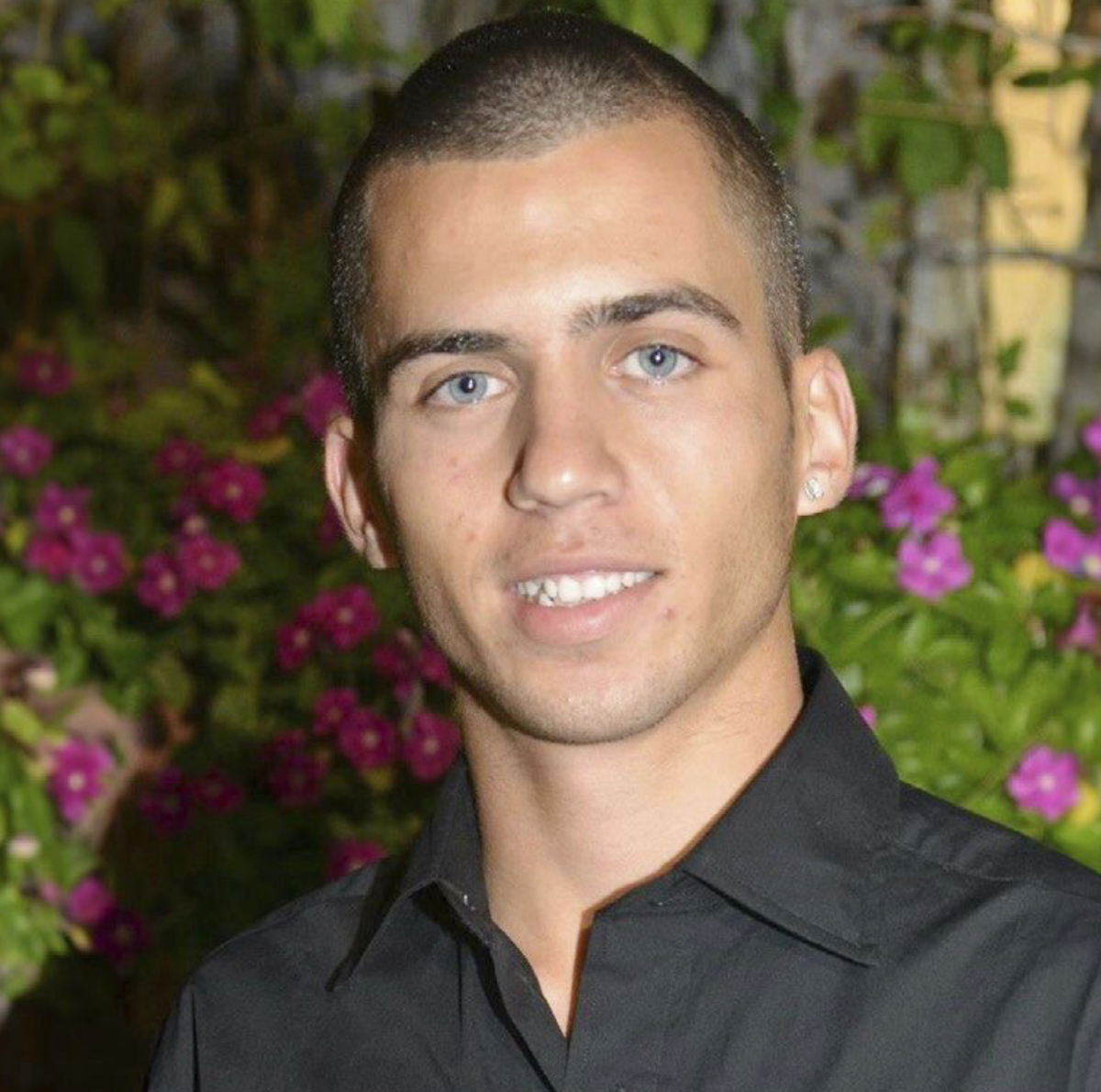WASHINGTON: President Joe Biden said US forces helped Israel shoot down nearly all the drones and missiles fired by Iran Saturday, but appeared to guide the key US ally away from retaliating against Tehran by saying Israel had now shown its strength.
Biden added that he was convening fellow G7 leaders on Sunday to coordinate a diplomatic response against Tehran, in another sign that he is trying to avoid any further military escalation that could ignite a wider Middle East conflict.
The US president said he had called Israeli Prime Minister Benjamin Netanyahu to reaffirm Washington’s “ironclad” support for Israel, after recent tense relations over Israel’s war in Gaza.
“I told him that Israel demonstrated a remarkable capacity to defend against and defeat even unprecedented attacks — sending a clear message to its foes that they cannot effectively threaten the security of Israel,” he said.
British Prime Minister Rishi Sunak said on Sunday that British military jets shot down drones launched by Iran in its attack on Israel.
“I can confirm that our planes did shoot down a number of Iranian attack drones,” Sunak told broadcasters.
Israel’s chief military spokesperson said on Sunday that France was among the countries involved in defending against Iran’s overnight attack on Israel.
“France has very good technology, jets, radar – and I know they were contributing in patrolling airspace,” he said, adding that he did not have exact details on whether French jets had shot down any of the missiles launched by Iran.
The Israeli military said on Sunday that 99 percent of Iran’s barrage of drones and missiles were shot down, adding that the armed forces remained fully functional and were discussing follow-up options.
In a televised briefing, chief miliary spokesperson Rear Admiral Daniel Hagari deemed Iran’s actions “very grave” and said they “push the region toward escalation.”
Israel reopened its airspace as of 7:30 a.m. (0430 GMT) on Sunday, the country’s airports authority said after an overnight attack by hundreds of Iranian missiles and drones.
It said flight schedules from Tel Aviv were expected to be affected and travellers should check flight times.
He said he had ordered US military aircraft and ballistic missile defense destroyers to the Middle East in recent days, as the likely threat following a presumed Israeli strike on Iranians in Damascus became clear.
“Thanks to these deployments and the extraordinary skill of our servicemembers, we helped Israel take down nearly all of the incoming drones and missiles,” Biden said.
Biden said he would on Sunday “convene my fellow G7 leaders to coordinate a united diplomatic response to Iran’s brazen attack.”
His comments hinted at the US balancing act between supporting its ally and wanting to deescalate tensions, amid fears of Washington being dragged into another Middle East war.
Those fears have mounted ever since a presumed Israeli strike on April 1 leveled an Iranian diplomatic building in Damascus, killing seven members of the elite Revolutionary Guards including two generals.
After launching the drone strikes, Tehran warned the United States Sunday to “stay away” from its conflict with Israel.
But US media reported that Biden was looking to de-escalate.
News outlet Axios said Biden had told Netanyahu that he would oppose an Israeli counterattack against Iran and that he should “take the win.” NBC said he had privately expressed concerns to others that Netanyahu was trying to drag the United States more deeply into a broader conflict.
Earlier Saturday, Biden had cut short a weekend trip to the Delaware coast and flew back to Washington for an emergency meeting at the White House with his top national security officials.
He posted a picture of the meeting in the wood-paneled White House Situation Room with officials including Defense Secretary Lloyd Austin, Secretary of State Antony Blinken and CIA Director Bill Burns.
Biden’s handling of the Middle East conflict will also be under scrutiny in a US presidential election year.
Former US president Donald Trump, Biden’s rival in November’s election, said the Democratic incumbent was showing “weakness.”
“God bless the people of Israel. They are under attack right now. That’s because we show great weakness,” Republican Trump said at a campaign rally in Pennsylvania.
Tensions had ratcheted up earlier in the day when Iran’s Revolutionary Guards seized a container ship near the Strait of Hormuz that was “related to the Zionist regime,” the term it uses for Israel, state media reported.
The White House condemned the seizure of the British-owned vessel as an “act of piracy.”
The Strait of Hormuz connects the Gulf with the Indian Ocean and, according to the US Energy Information Administration, more than a fifth of global oil consumption passes through it each year.

























